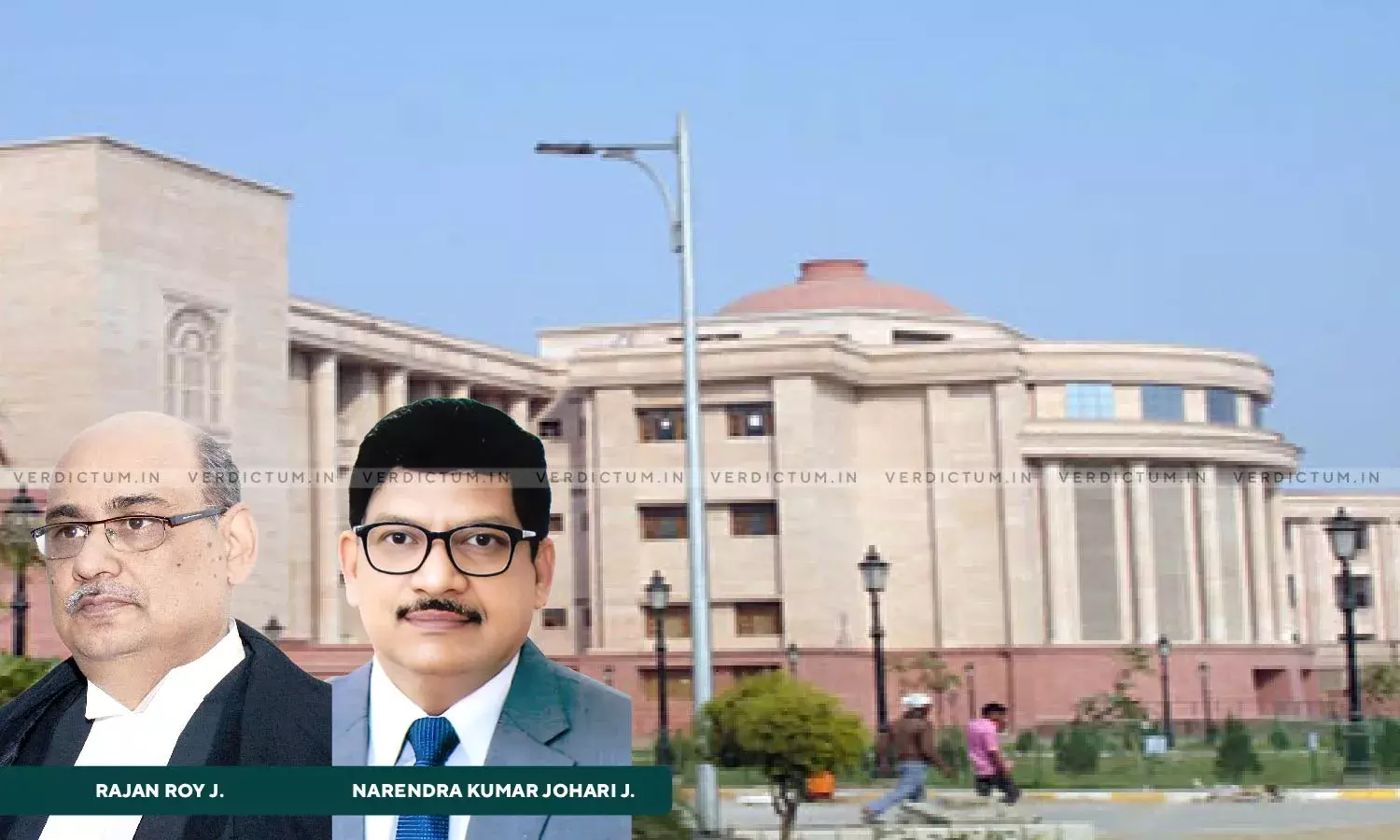Allegations Of Backdated Admissions And Unearned Degrees: Allahabad HC Directs Bar Council Of India & UP To Submit Approved List Of Law Colleges

In the wake of serious allegations concerning backdated admissions and the acquisition of unearned degrees within law colleges, the Allahabad High Court directed both the Bar Council of India (BCI) and the Bar Council of Uttar Pradesh (UP Bar Council) to submit an approved list of law colleges operating within the jurisdiction of the High Court in Lucknow.
The Court in a writ petition seeking restoration of the Petitioner's possession of a shop in Lucknow, alleged forceful eviction without legal authority by the opposing parties.
The Bar Council brought to the Court’s notice a surge in law colleges and their questionable operations attracting lawyers with tainted backgrounds, often lacking regular practice.
“Mushrooming of law colleges and the manner in which they are being run is a major factor contributing to lawyers with tainted backgrounds joining the profession who do not engage themselves in regular practice, instead, they take advantage of their position as lawyers as also the uniform they dawn and indulge in activities which are not in keeping with the high professional standards required by lawyers. Such persons bring a bad name to the entire profession, therefore, this Court should look into this aspect of the matter also. It was alleged that in many Law Colleges admission is back dated and without any study the student secures the degree”, the Bench comprising Justice Rajan Roy and Justice Narendra Kumar Johari observed.
Advocate Mayank Pandey appeared for the Petitioner and Advocate Neerav Chitravanshi appeared for the Respondent.
A Writ Petition was filed before the High Court seeking to restore the Petitioner's possession of a shop in Lucknow, alleging forceful eviction without legal authority by the opposing parties. The Petition also requested monitoring under relevant IPC sections at the Police Station. The petitioner claimed collusion between police officers (opposite party nos. 6 and 7) and private respondents (opposite party nos. 8 to 11) in unlawfully seizing the shop. Despite a pending eviction appeal, forceful dispossession occurred. The petitioner filed an FIR, and the court directed the inclusion of additional respondents based on evidence. An inquiry by the Commissioner of Police was ordered, and the matter was listed for further consideration with related cases.
The Court noting the need for adherence to legal processes, nemphasized the petitioner's faith in the justice system. Additionally, the Court directed the inclusion of the District Magistrate and Additional District Magistrate as respondents.
The Court requested a report from the Prescribed Authority/Rent Authority, identified as the Additional District Magistrate, City East, regarding the execution of an eviction order. The Court directed the authority to provide information on any actions taken in accordance with the law and to submit a true photocopy of the relevant records in the next hearing.
Additionally, the Court noted that besides addressing the individual grievance of the petitioner, several related writ petitions, including Public Interest Litigations, have been consolidated. These cases, directed by the Acting Chief Justice to be heard by a designated Bench (presided by one of the judges, Rajan Roy, J.), will also be considered.
The Court emphasized that a surge in law colleges and their questionable management contributes to individuals with tainted backgrounds joining the legal profession. These practitioners, lacking regular legal practice, misuse their lawyer status for activities inconsistent with professional standards. This issue reflects poorly on the entire legal profession, urging the Court to investigate, particularly concerning allegations of backdated admissions and degree acquisition without proper study in many law colleges.
In light of the aforementioned considerations, the Court directed the Bar Council of India and the Bar Council of U.P. to provide a list of law colleges approved by the former to operate within the territorial jurisdiction of the High Court in Lucknow. This list should include details such as the start date of studies, annual admissions, and whether these colleges are obligated to inform the affiliated university about enrolled students.
This directive was issued in the context of ongoing considerations in certain writ petitions and a public interest litigation concerning court functioning and professional conduct standards for Advocates.
The Court noted the monitoring role of the Special Cell, established earlier by the Commissioner of Police, Lucknow. This cell was tasked with overseeing complaints or criminal cases related to land/house grabbing involving individuals claiming to be Advocates. Monitoring also extends to serious offences like disrupting Court activities or attempting to influence court proceedings. The Court emphasized the intention to identify wrongdoers within the legal fraternity without unfairly targeting innocent lawyers.
Furthermore, the Court observed that the monitoring process should scrutinize the involvement of certain police personnel with unscrupulous elements, including Advocates, and hold them accountable if implicated.
Accordingly, the Court listed January 24, 2024.
Cause Title: Anil Kumar Khanna v State Of UP

